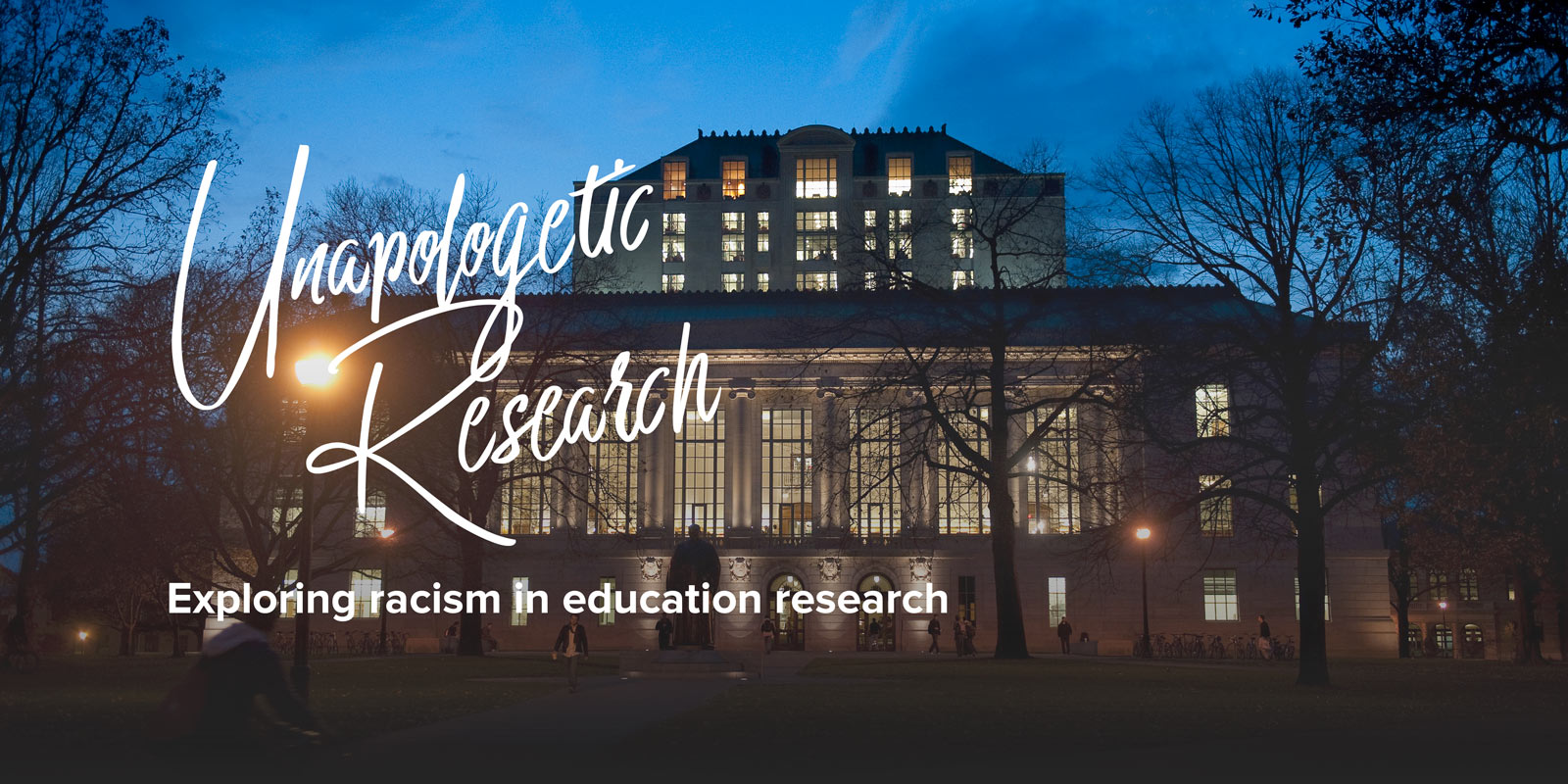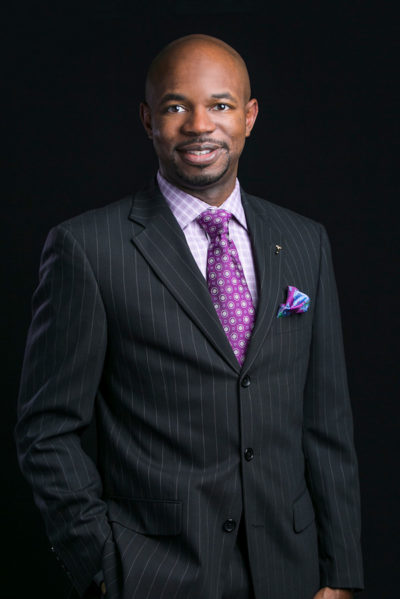
Columbia University professor drives conversations on race in research
National upheaval has propelled conversations about how racial bias impacts nearly every facet of American life, including academic research.
That wasn’t the case when Mark Anthony Gooden, ’94 MA, ‘01 PhD, approached an accomplished researcher after reading his work. The descriptions of people of color in his studies, Gooden told him, could perpetuate racial bias.
The professor was unfazed; his response bordered on dismissive. His research remains well-cited by academics from multiple cultural and racial backgrounds.
“They’re not realizing that here is a researcher who has a very limited lens, not only in how he theorizes the work, but how he writes the conclusions,” said Gooden, the Christian Johnson Endeavor Professor of Education Leadership at Columbia University. “That can be overwhelming in academe.”
Gooden will speak in the webinar series, Unapologetic Educational Research: Addressing Anti-Blackness, Racism and White Supremacy, at 3 p.m. EST March 11. The series is hosted by the College of Education and Human Ecology’s Department of Educational Studies and QualLab.
Looking inward to achieve richer results

A goal of the research, Gooden said, should be “to make the profession smarter, more empathetic and more understanding about people’s experiences that you may not know.”
Yet academe too often minimizes the fact that research in a white-dominated world constrains deeper explorations of race, Gooden said. Even the processes for conducting research — which some consider to be race-neutral — color investigators’ beliefs, assumptions and ideas of success.
His scholarship focuses on making school leadership more centered on equity. If a white principal were going to work in an American school, especially a diverse one, Gooden would offer the same advice he gives to graduate students interested in eradicating inequities: Consider doing a racial autobiography, a sincere reflection on race guided by someone who can support them in the process.
“You need to know who you are as a racial and cultural human being in America, which is growing increasingly diverse, and you need to know where you fit on the problematic and impactful racial hierarchy,” he said. “Otherwise, you’re going to say some things that you probably are going to regret. Worse, you’re going to do some things that will adversely impact the lives of kids. And you’re never going to know it.”
In research, that accounting of privilege is correlated to the concept of positionality, and every researcher should do it, Gooden said.
“Trying to convince school leaders to do that is hard. But trying to convince researchers to do that is even harder because it places people in states where they have to be vulnerable,” Gooden said.
Professors are researchers and academic leaders, after all, tenured and legitimized by their institutions. Talking about race, especially with their students, is uncomfortable.
Considering positionality makes for richer research from the start, Gooden said. “If I know who I am as a researcher, I come in knowing there is wisdom in the room. I know that I have blinders as a white person. Heck, I have blinders as a black man who is of a certain socio-economic status and who is heterosexual and Christian. All that could be hinder my growth if I don’t recognize it.”
Grounding research for practitioners
After receiving his master’s degree at Ohio State, Gooden taught middle and high school mathematics for four years in Columbus City Schools before entering the college’s doctoral program in education administration.
Those teaching experiences gave him a foundational connection to his research.
“I’ve wanted my work to be accessible to practitioners, and I needed to always feel that, regardless of how complex the analysis is, can teachers, can leaders, be able to take this and apply it?” he said. “So that’s the lens I’ve tried to continue to see my work through, and a standard I’ve tried to hold myself to.”
Gooden taught at University of Cincinnati and The University of Texas at Austin before joining Teachers College at Columbia University.
Along the way, he has mentored numerous scholars of color, including Muhammad Khalifa, who became a research collaborator and now is a professor of educational administration and executive director of urban education initiatives at Ohio State.
“Mark Gooden is a fearless scholar advocate who has contributed immensely to the field of educational administration,” Khalifa said. “His work on educational leadership and racial equity has shifted the field in significant and positive ways.”
Fearless might also describe Gooden’s approach to combatting racism in research — he approached a giant in the field about inequities in his work, after all. “I recognize that at the full professor level, I have to use that power and influence to raise certain questions or bring about certain outcomes, or at least try.”

